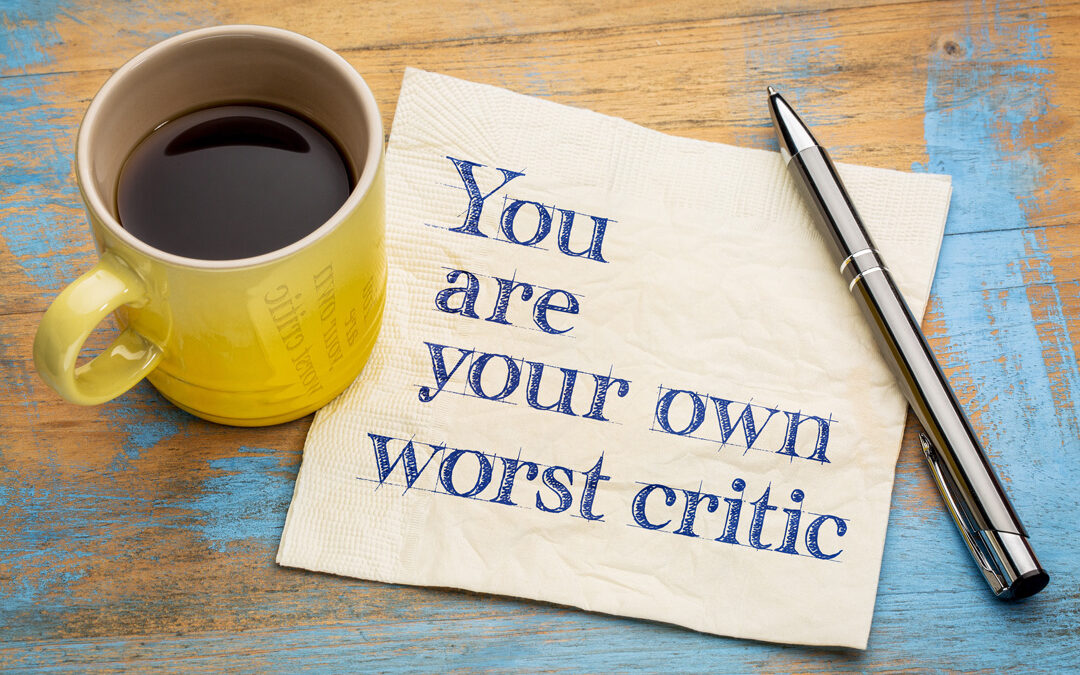 As a therapist I see a lot of people who are self-critical. Throughout the years I’ve come to identify two types of self critics. There is no literature that I could find describing the two types, so I simply dubbed these types as overt self-critics and covert...
As a therapist I see a lot of people who are self-critical. Throughout the years I’ve come to identify two types of self critics. There is no literature that I could find describing the two types, so I simply dubbed these types as overt self-critics and covert...
 Realizing that most of my clients have some habits that they are proud of and others that they hate, I became more and more curious over the years. Habit formation/change is a big deal and I was interested in learning about the research that’s been done on it. I...
Realizing that most of my clients have some habits that they are proud of and others that they hate, I became more and more curious over the years. Habit formation/change is a big deal and I was interested in learning about the research that’s been done on it. I...
 Hopefully none of you will need to use this information, but for those couples who do, please keep reading. As a Gottman Level 3 trained therapist, I know a lot about what makes marriages work and what does not. I understand how couples distance themselves and how...
Hopefully none of you will need to use this information, but for those couples who do, please keep reading. As a Gottman Level 3 trained therapist, I know a lot about what makes marriages work and what does not. I understand how couples distance themselves and how...




